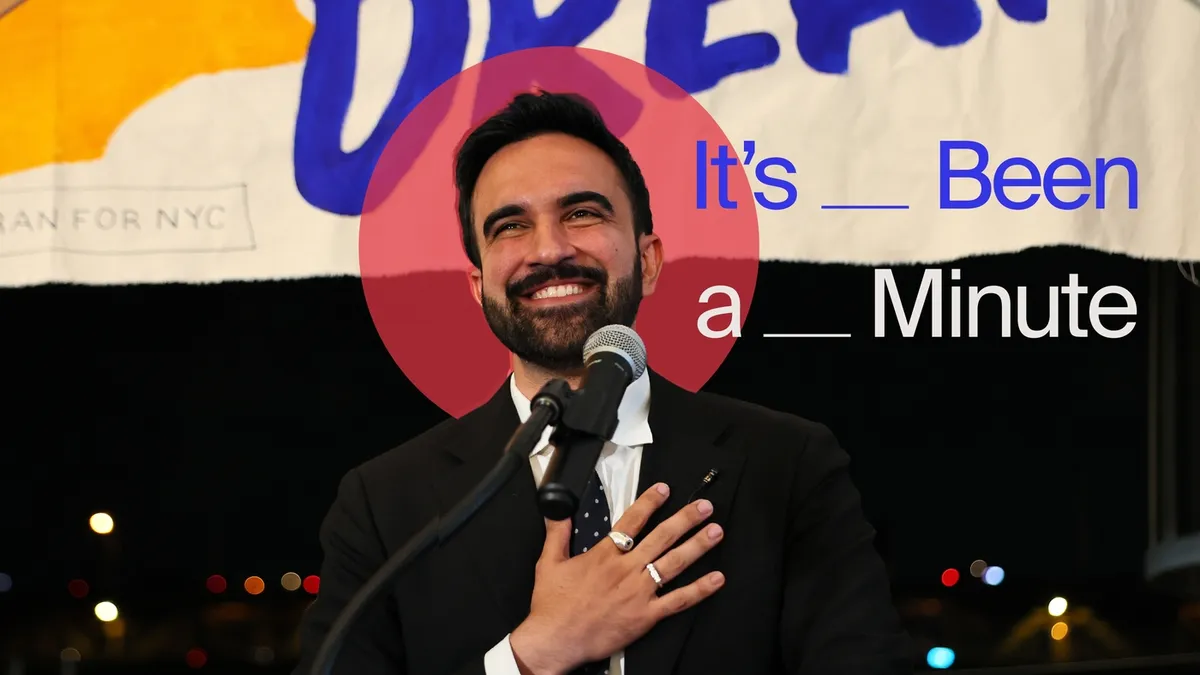
This week, New York State Assemblymember Zohran Mamdani made headlines by pulling off an astonishing upset in the highly contested New York City Democratic mayoral primary. Mamdani, a progressive newcomer, defeated the long-favored candidate, former Governor Andrew Cuomo, who conceded the race just hours after the polls closed. This unexpected outcome not only signals a shift in local politics but has also garnered significant national attention, raising questions about the future direction of the Democratic Party.
The primary race showcased a stark contrast between the two candidates. Cuomo, who has over a decade of experience as Governor, positioned himself as a law-and-order centrist. In contrast, Mamdani, who is younger and relatively new to the political arena, embraced a progressive platform that resonated with a growing segment of voters. This generational divide highlights the evolving landscape of Democratic politics, with younger voters increasingly rallying behind progressive ideals.
While this primary race took place in just one city, its implications reach far beyond New York. The victory of a progressive candidate like Mamdani could potentially shake up the Democratic Party's strategy in the aftermath of a Trump re-election. Political analysts are drawing parallels to the Tea Party movement that transformed the Republican Party a decade ago, suggesting that the momentum behind Mamdani's campaign reflects a broader shift in political energy within the Democratic base.
In a recent discussion, Brittany sat down with Christian Paz, a senior politics reporter at Vox, and Max Rivlin-Nadler, a reporter and co-publisher at Hell Gate, a local news site dedicated to New York City. They delved into what Mamdani's victory indicates about the sources of progressive energy in the Democratic Party and the potential ramifications for future elections. Their insights shed light on how this race may signal a transformative moment for Democrats navigating the post-Trump political landscape.
This insightful episode was produced by Liam McBain and edited by Neena Pathak, with additional oversight from Supervising Producer Barton Girdwood. The Executive Producer of the episode is Veralyn Williams, and the VP of Programming is Yolanda Sangweni. Their collaborative efforts ensure that audiences receive a comprehensive understanding of this pivotal political moment.